by B. Maloney
The current structures of power and wealth that shape our society ensures workers bear the public costs of private profits.
Workers only receive a portion of the value their labor power creates. The labor force is the backbone of business profits. However, profit-maximizing strategies lead to the exploitation of workers through practices like wage theft, exorbitant rents, and high-interest rates. These systemic issues contribute to the working class retiring with minimal savings, while business owners accumulate significant wealth by leveraging the labor of others.
Workers in America experience income and wealth inequality at levels higher than any other industrialized nation. Laws designed to prevent monopolies and trade conspiracies are often enforced selectively, disproportionately targeting labor unions and workers. Historically, antitrust laws have been used against labor unions more aggressively than against corporations. For example, the Sherman Antitrust Act has been invoked to break up strikes and limit union activities, while large corporations engaging in anti-competitive practices often face less stringent enforcement.
Consumers are harmed by monopoly practices. For-profit services fail to meet essential consumer needs in areas like mental health, housing, education, and healthcare. Their primary goal is to maximize profits rather than to serve communities or ensure high-quality services. Public services are often controlled by corporations, governed by trustees or boards who are neither publicly elected nor accountable. These entities reflect the class and social biases of their leadership, wielding authority over budgets, content restrictions, and employment decisions.
Corporations also exert considerable influence through the State, aiding them in enacting laws and regulations to their advantage. This can lead to policies that favor the corporate monopoly at the expense of consumers and smaller competitors. A dynamic that makes it nearly impossible for consumers to achieve favorable outcomes in disputes with corporations.
Taxpayers shoulder the tax burden while corporations pay proportionately less. Corporations benefit from substantial tax incentives from the government while exploiting workers and harming consumers. Despite paying a significant portion of our wages in taxes, American tax dollars fund fewer public services compared to other countries. The resources spent on corporate welfare could be invested in more productive areas that benefit society as a whole.
For instance, corporate dominance in healthcare undermines individuals’ rights to receive timely and quality care. Public hospitals offering free treatment would be more cost-effective and efficient. Instead, for-profit healthcare systems leave taxpayers struggling with illnesses and facing financial ruin.
People suffer from the environmental damage caused by private businesses. Commercialized farming is less efficient than small local farming: it degrades topsoil, harms crops and livestock, and undermines the production of quality, conscientious, and safe outputs within communities. Corporations contaminate water supplies, deforest land, and dump waste in the pursuit of profits. This reckless behavior is incompatible with the sustainability of our finite planet. Federal intervention has historically been used to suppress environmental movements, often prioritizing corporate interests over citizen’ rights and environmental concerns.
“How do we build movements capable of generating the power to compel governments and corporations to curtail their violence?”
― Angela Y. Davis, Abolition Democracy
